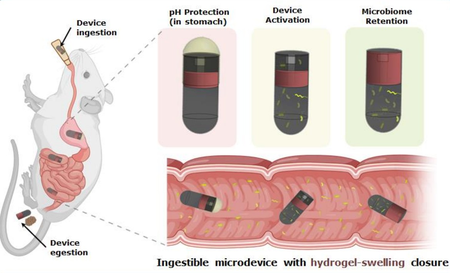
New Delhi, April 14 (IANS) Imbalance in the digestive system may disrupt brain signals and influence behavioural symptoms in children with autism, according to a study on Monday.
Researchers from the University of Southern California (USC) demonstrated that gut metabolites impact the brain, and the brain, in turn, affects behaviour.
The study, published in the journal Nature Communications, adds to a growing body of science implicating the “gut-brain” axis in autism.
“The brain acts as the intermediary between gut health and autism-related behaviours,” said first author Lisa Aziz-Zadeh, Professor at the Brain and Creativity Institute at the USC Dornsife College of Letters, Arts, and Sciences.
“Previous studies highlighted differences in gut microbiomes and brain structures in autism, but our research connects the dots,” she added.
For the study, the team collected behavioural data, brain imaging data, and stool samples from 43 children with autism and 41 neurotypical children aged 8-17. From the stool samples, they analysed metabolites produced by gut bacteria that break down food in the digestive system.
The researchers then correlated these metabolites with brain differences observed in children with autism and their behavioural characteristics. They focussed on the “tryptophan pathway” by which tryptophan — an amino acid found in many foods — is broken down into several metabolites, including serotonin.
Serotonin is crucial for emotional processing, social interaction, learning, and other brain functions. Since much of the body’s serotonin originates in the gut microbiome, changes in gut health can influence serotonin production, said the researchers.
“We know that children with autism have brain differences — certain parts of their brain are either less active or more active compared to typically developing children,” Aziz-Zadeh said.
“We also know they often experience gastrointestinal issues, such as constipation, stomach pain, and other digestive problems. Additionally, autism is associated with various symptoms, including repetitive behaviours and social difficulties.”
The study may lead to the development of interventions that might target the gut and influence neural activity and behaviour.
–IANS
rvt/




